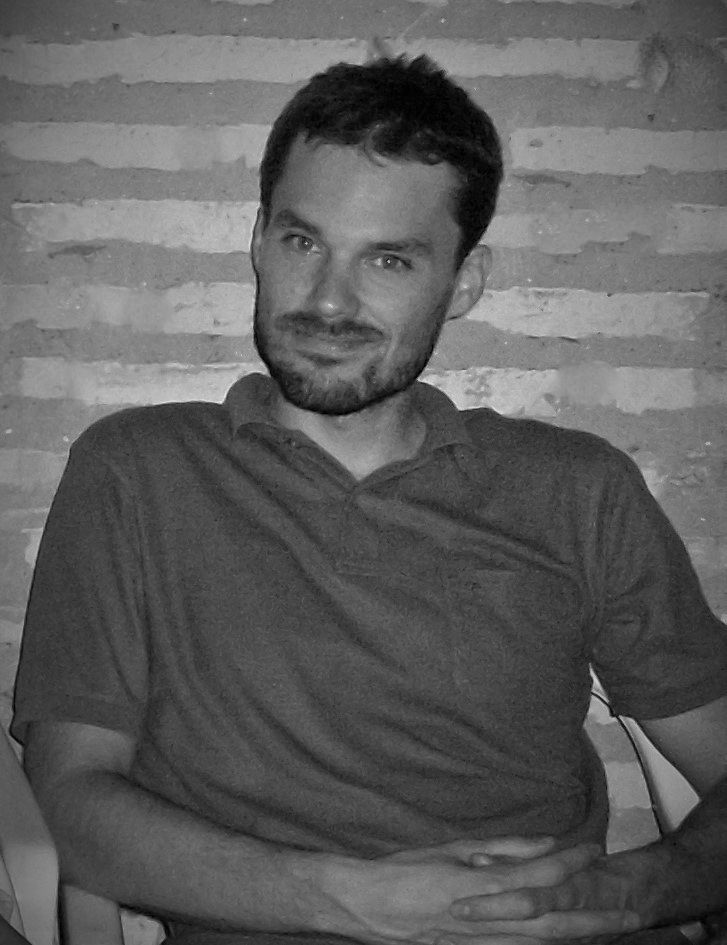Vít Bubák
Vít Bubák
|
Vít Bubák comes from Pardubice and he finished his doctoral studies at the IES in 2010. During his studies he passed a number of study stays abroad. As soon as he enrolled in the Masters program, he spent a semester at the University of Queensland and right after that at Université Catholique de Louvain. He finished his Masters at the IES in 2005 and, while still a doctoral student, he also worked at Wood & Company in Prague, taught courses at the IES and at the Anglo American University in Prague, and graduated with a Masters degree in Economics from the University of Iowa. In 2010, he finished his doctoral studies and was awarded a doctoral degree both by the IES and Sorbonne in Paris. Subsequently he worked as an Associate Director for Fitch Solutions in London and New York, then spent some time working as an Analytical Consultant at Credit Capital Advisory, and currently works as a Statistician/Lead Analytical Consultant at Dun and Bradstreet in Washington, D.C. Vít was awarded a number of scholarships, e.g. from the French government, from Accenture/Open Society Fund, Sasakawa Young Leaders Foundation, and more. His research was awarded the Gaudeamus Award and two Alumni Prizes. Vít devotes his free time to his family. |
|
You have studied at the IES and you have taught here as well. You have also lectured at the University of Iowa. Can you see differences between the students at these two universities? In the U.S, college students are encouraged to ask questions – no question is regarded as too simple or too naive. The students I encountered at the University of Iowa were no different; they were never afraid to ask questions or demand explanations that they could understand. The students I taught at IES prior to leaving to the University of Iowa were definitely more careful to ask questions. But I think this has since changed and from my more recent teaching experience at IES I would say IES students are no less inquisitive and eager to ask questions than those I would find at the University of Iowa. Where I think the University of Iowa students differ from the IES students is their interaction with the professors, which is much more informal than at the IES; for example, students at the University of Iowa almost always called their professors by their first name, something that would rarely happen at IES. Besides Charles University, you have also studied at universities in other countries – Australia, Belgium, France, and USA. Which university influenced you the most in your career path and which of them is closest to you heart? I think my studies at the University of Queensland (UQ) had probably the greatest impact on on my career path. The studies there influenced both the focus of my Masters studies as well as my decision to enter a doctoral program. I took five classes at UQ, including two empirical finance classes. These classes were taught by professors who were not only great teachers , but also accomplished researchers who published in leading economics and finance journals. They gave us [the students] homework that closely replicated their research, something that was new to me back then and that I found very exciting – it was these homework that made me very interested in doing applied empirical research during my graduate studies and motivated me to go on to work in finance after that. Now to your second question: the University of Iowa will always remain closest to my heart. We had a very nice group of classmates there – and one of them is now my wife. You currently work as a Statistician/Lead Analytical Consultant at Dun and Bradstreet. What are the most important skills to have in this career? Is it possible to prepare for this career at the university or is it more important to gain work experience in this field? As an analytical consultant, you have to have the ability to apply analytical and econometric tools according to the industry’s best practice while providing the answers the client is looking for. You are constantly interacting with the client that trusts you, and they respect you and your answers/solutions only if you are clear, diligent, transparent, and always deliver on time. As a leading consultant, it is equally important to know how to interact and work with people. I think the university can provide you with the analytical tools, as well as giving you some time to practice clarity and transparency, but it is only work experience that can give you confidence in your ability to learn new things on the go, to work under pressure, or to efficiently communicate with the outside world, or to be an effective leader. What do you like the most about your job? The possibility to work with experienced colleagues. You live with you family in the USA, how would you assess the American lifestyle? I think that in many ways the American lifestyle is no different from that of a relatively young Czech person. For example, I once read somewhere that most Americans work hard during the weekdays so they can enjoy the weekend – but so do many of my friends in the Czech Republic. The same applies to non-work related activities. Czechs now often watch the same TV shows, eat out at the same fast-food restaurants, and shop in similar malls and shopping centers as their American counterparts. In other words, I think our lifestyles are really very similar. |








